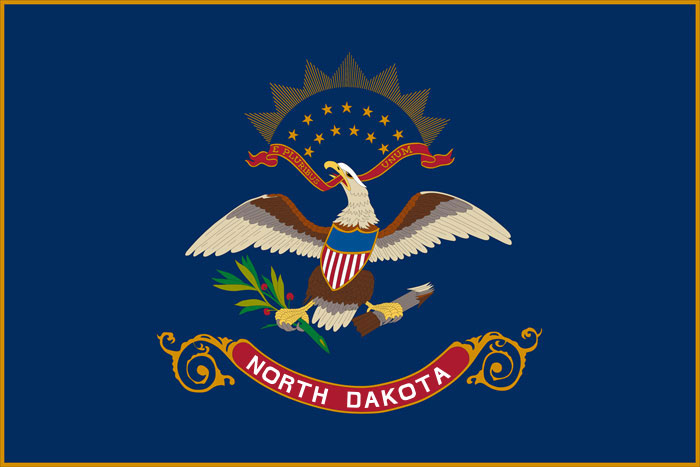According to the Centers for Disease Control and Prevention, about one in four babies born with a heart defect has a critical congenital heart defect. Critical congenital heart disease is a group of serious heart conditions present at birth. These conditions may affect the heart’s shape, how it works or both. Birthing facilities in North Dakota are required to screen babies for critical congenital heart disease when they are born. North Dakota Health and Human Services (HHS) supports these screening efforts to ensure all babies are screened for certain rare, but serious health conditions at birth.
Annually in the United States, about 7,200 babies are born with critical congenital heart conditions, which can make it harder for their hearts to deliver enough oxygen or other important substances throughout their bodies. Treatment may be necessary depending on a baby’s heart problem and symptoms. Babies who receive early and ongoing treatment can have healthy growth and development.
Babies born in North Dakota are screened for heart issues using a simple and noninvasive pulse oximetry machine. This screening measures the baby’s blood oxygen levels using sensors that are placed on his or her skin and is typically done when a baby is 24-hours of age.
An out-of-range screening result does not mean a baby has critical congenital heart disease, but it does mean they will need follow-up testing. The baby’s provider will also perform a physical exam to identify early signs of a heart defect. Some babies born with heart conditions look and act healthy at birth, but may develop serious symptoms days later.
Parents should be on the lookout for early signs of critical congenital heart disease in their babies and have their baby seen if they notice:
- Loss of healthy skin color
- Blue color to the skin, lips and fingernails
- Rapid or troubled breathing
- Swelling or puffiness in the face, hands, feet, legs or areas around the eyes
- Shortness of breath or getting tired easily
- Sweating around the head
- Poor weight gain
Special Health Services, a unit within HHS, administers the North Dakota Newborn Screening and Follow-up program and offers care coordination and a Financial Coverage Program for children and youth with heart conditions and other qualifying health conditions. For more information about financial coverage, newborn screening or other services for children with special health care needs, visit hhs.nd.gov/health/children/special-health-services.
Additional financial coverage options may also be available through North Dakota Medicaid. Learn about Medicaid health coverage at hhs.nd.gov/healthcare/medicaid.

